
下载亿题库APP
联系电话:400-660-1360

下载亿题库APP
联系电话:400-660-1360

请谨慎保管和记忆你的密码,以免泄露和丢失

请谨慎保管和记忆你的密码,以免泄露和丢失

小伙伴们,雅思考试大家复习的怎么样了呢?下面是帮考网分享一些雅思考试阅读部分的复习资料,一起来看看吧!
READING PASSAGE 3
You should spend about 20 minutes on Questions 27-40, which are based on Reading Passage 3 below.
The Truth about the Environment
For many environmentalists, the world seems to be getting worse. They have developed a hit-list of our main fears: that natural resources are running out; that the population is ever growing, leaving less and less to eat; that species are becoming extinct in vast numbers, and that the planet’s air and water are becoming ever more polluted.
But a quick look at the facts shows a different picture. First, energy and other natural resources have become more abundant, not less so, since the book ‘The Limits to Growth’ was published in 1972 by a group of scientists. Second, more food is now produced per head of the world’s population than at any time in history. Fewer people are starving. Third, although species are indeed becoming extinct, only about 0.7% of them are expected to disappear in the next 50 years, not 25-50%, as has so often been predicted. And finally, most forms of environmental pollution either appear to have been exaggerated, or are transient - associated with the early phases of industrialisation and therefore best cured not by restricting economic growth, but by accelerating it. One form of pollution - the release of greenhouse gases that causes global warming - does appear to be a phenomenon that is going to extend well into our future, but its total impact is unlikely to pose a devastating problem. A bigger problem may well turn out to be an inappropriate response to it.
Yet opinion polls suggest that many people nurture the belief that environmental standards are declining and four factors seem to cause this disjunction between perception and reality.
One is the lopsidedness built into scientific research. Scientific funding goes mainly to areas with many problems. That may be wise policy, but it will also create an impression that many more potential problems exist than is the case.
Secondly, environmental groups need to be noticed by the mass media. They also need to keep the money rolling in. Understandably, perhaps, they sometimes overstate their arguments. In 1997, for example, the World Wide Fund for Nature issued a press release entitled: ‘Two thirds of the world’s forests lost forever’. The truth turns out to be nearer 20%.
Though these groups are run overwhelmingly by selfless folk, they nevertheless share many of the characteristics of other lobby groups. That would matter less if people applied the same degree of scepticism to environmental lobbying as they do to lobby groups in other fields. A trade organisation arguing for, say, weaker pollution controls is instantly seen as self-interested. Yet a green organisation opposing such a weakening is seen as altruistic, even if an impartial view of the controls in question might suggest they are doing more harm than good.
A third source of confusion is the attitude of the media. People are clearly more curious about bad news than good. Newspapers and broadcasters are there to provide what the public wants. That, however, can lead to significant distortions of perception. An example was America’s encounter with El Niño in 1997 and 1998. This climatic phenomenon was accused of wrecking tourism, causing allergies, melting the ski-slopes and causing 22 deaths. However, according to an article in the Bulletin of the American Meteorological Society, the damage it did was estimated at US $4 billion but the benefits amounted to some US $19 billion. These came from higher winter temperatures (which saved an estimated 850 lives, reduced heating costs and diminished spring floods caused by meltwaters).
好了,以上就是今天分享的全部内容了,各位小伙伴根据自己的情况进行查阅,希望本文对各位有所帮助,预祝各位取得满意的成绩,如需了解更多相关内容,请关注帮考网!
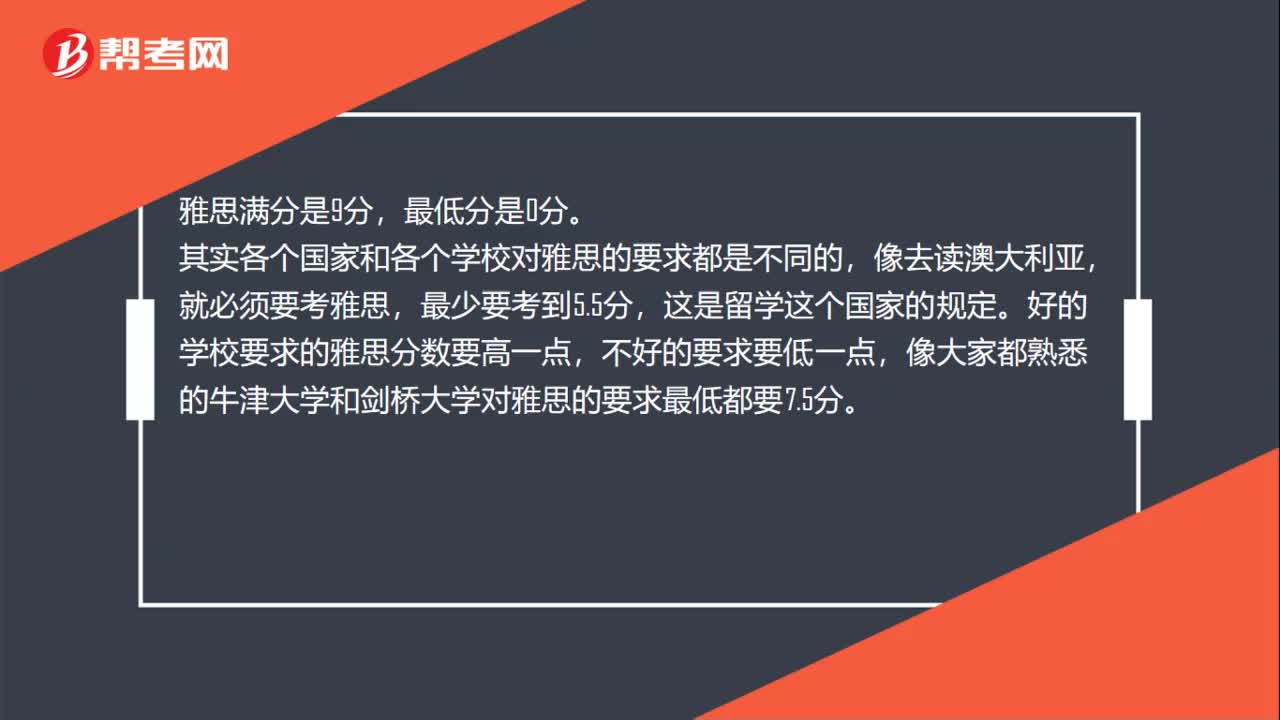 36
36雅思考试总分是多少?:雅思考试总分是多少?雅思满分是9分,最低分是0分。其实各个国家和各个学校对雅思的要求都是不同的,像去读澳大利亚,就必须要考雅思,最少要考到5.5分,这是留学这个国家的规定。好的学校要求的雅思分数要高一点,不好的要求要低一点,像大家都熟悉的牛津大学和剑桥大学对雅思的要求最低都要7.5分。
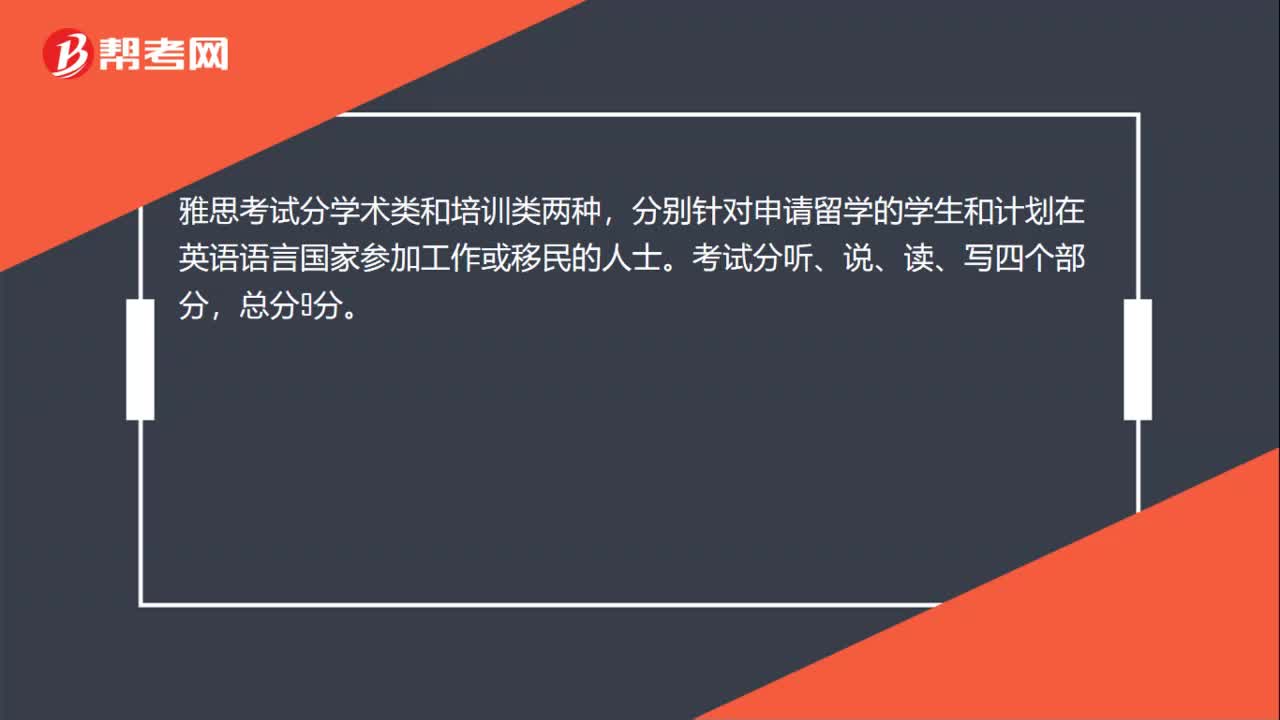 21
21雅思考试有几种类型?:雅思考试有几种类型?雅思考试分学术类和培训类两种,分别针对申请留学的学生和计划在英语语言国家参加工作或移民的人士。考试分听、说、读、写四个部分,总分9分。
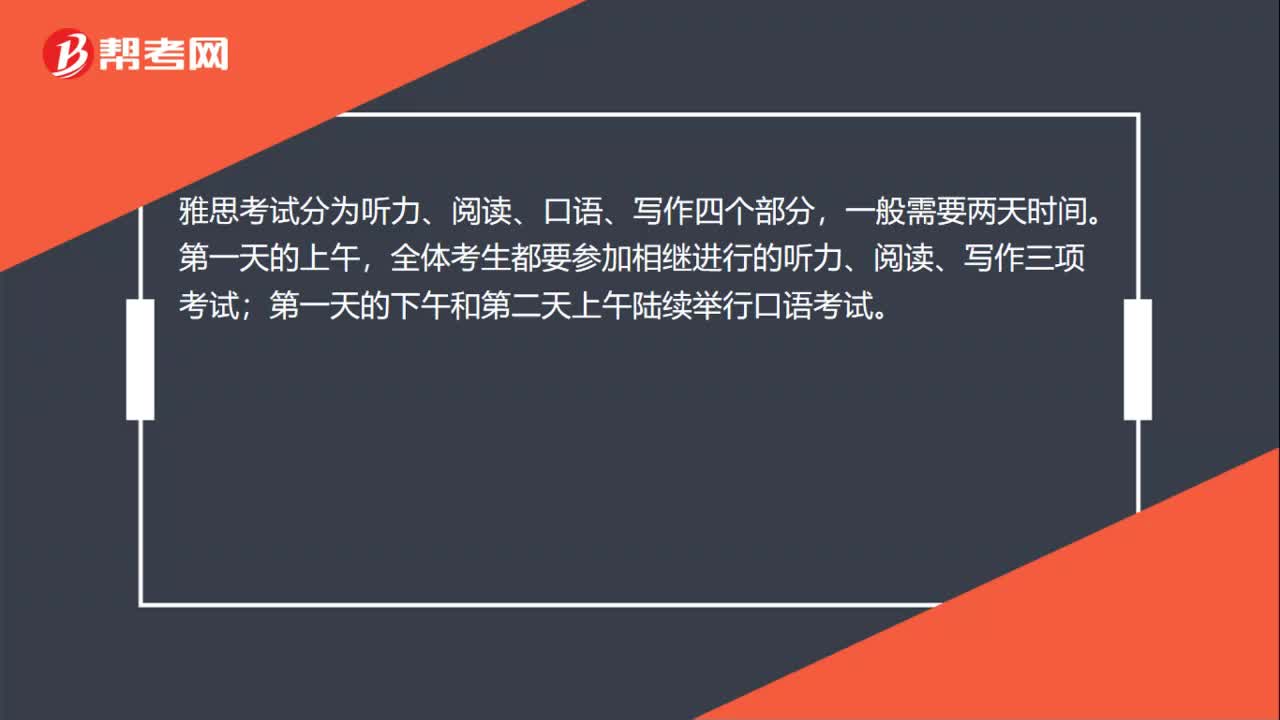 26
26雅思考试内容有哪些?:雅思考试内容有哪些?雅思考试分为听力、阅读、口语、写作四个部分,一般需要两天时间。第一天的上午,全体考生都要参加相继进行的听力、阅读、写作三项考试;第一天的下午和第二天上午陆续举行口语考试。
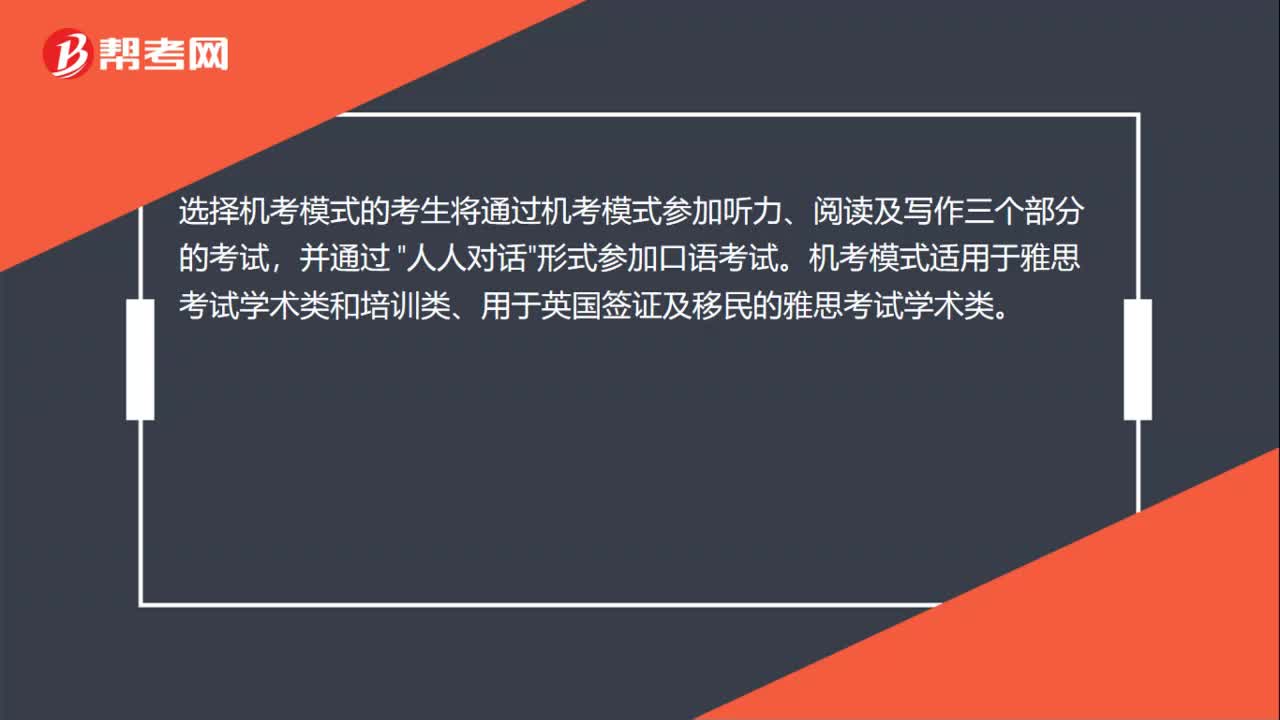 01:24
01:242020-06-01
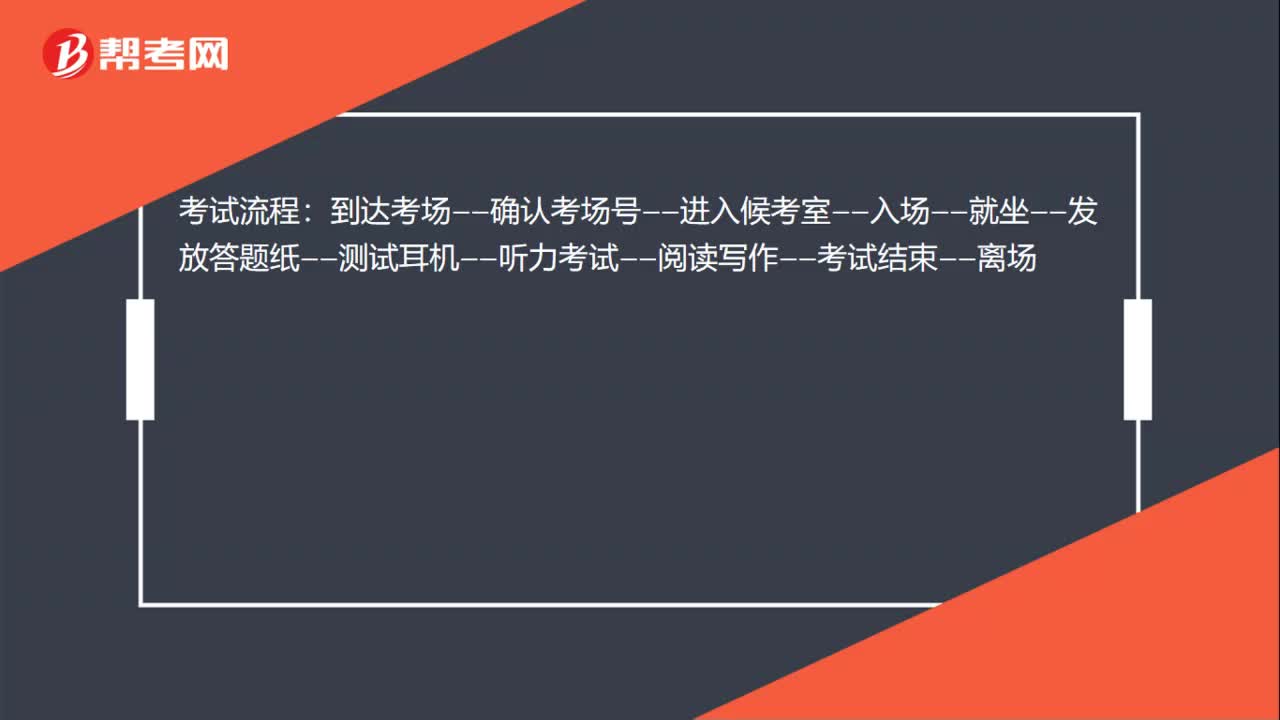 01:16
01:162020-06-01
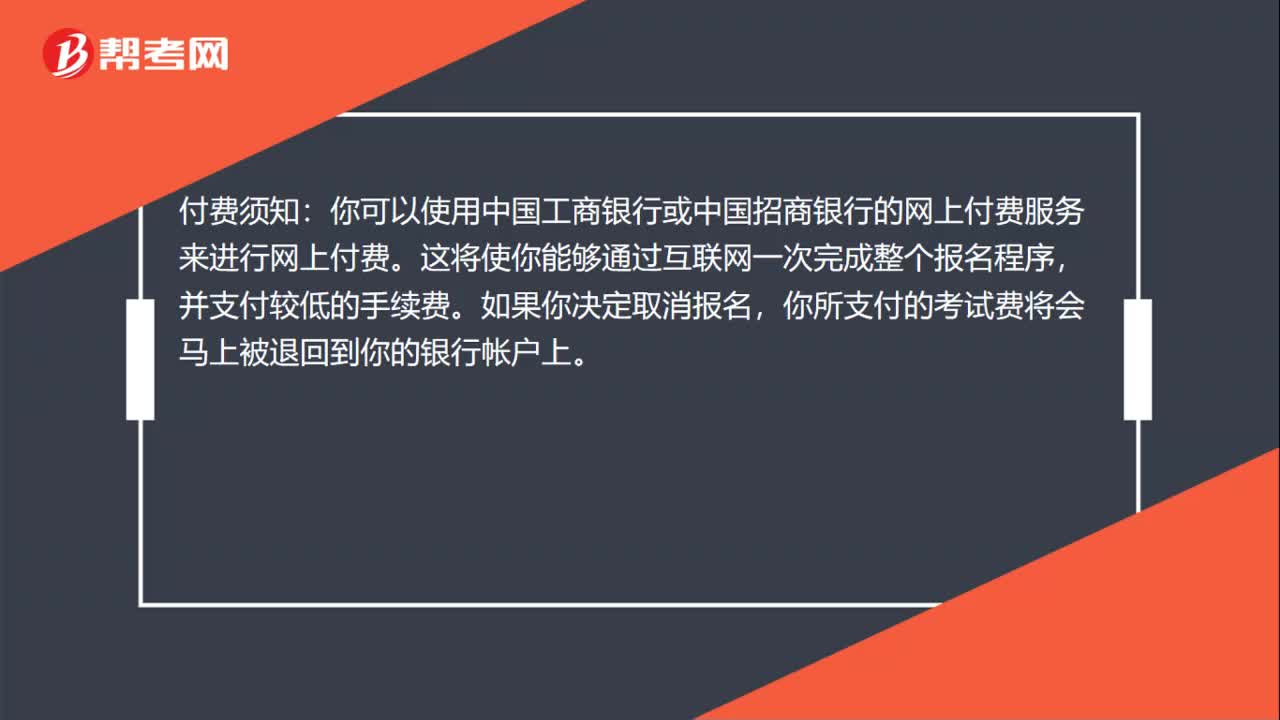 02:06
02:062020-06-01
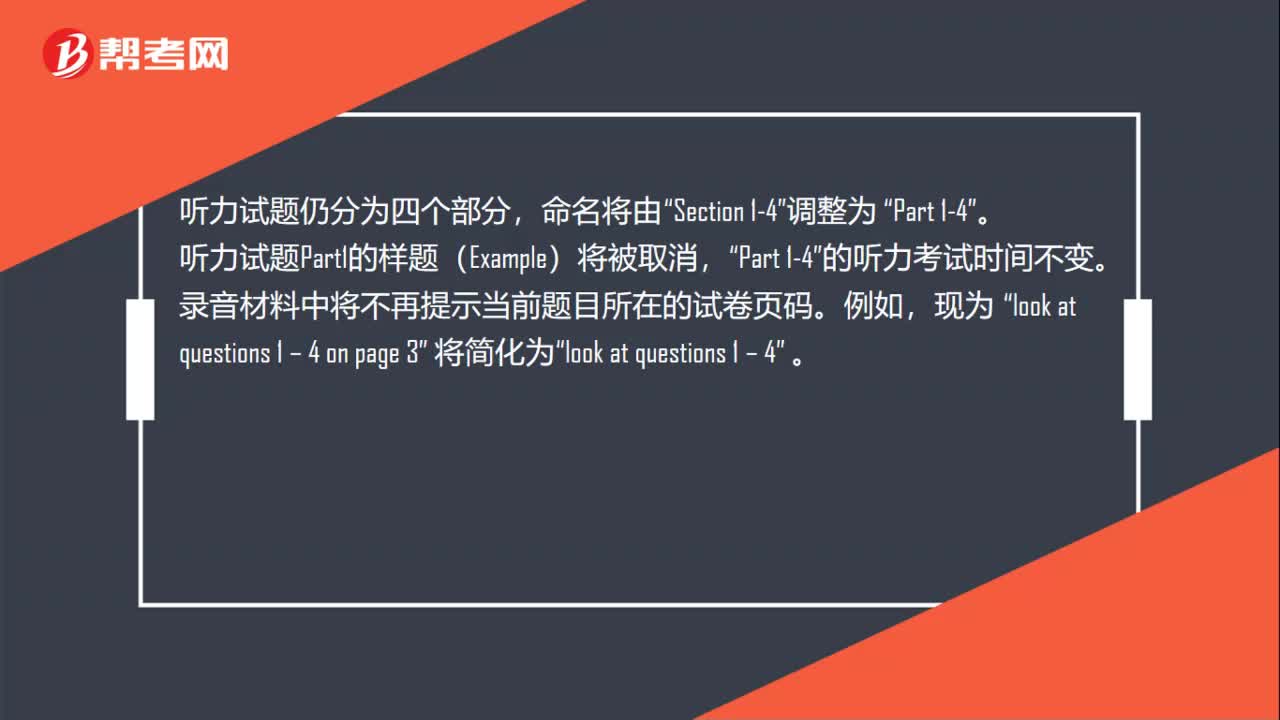 01:06
01:062020-06-01

微信扫码关注公众号
获取更多考试热门资料